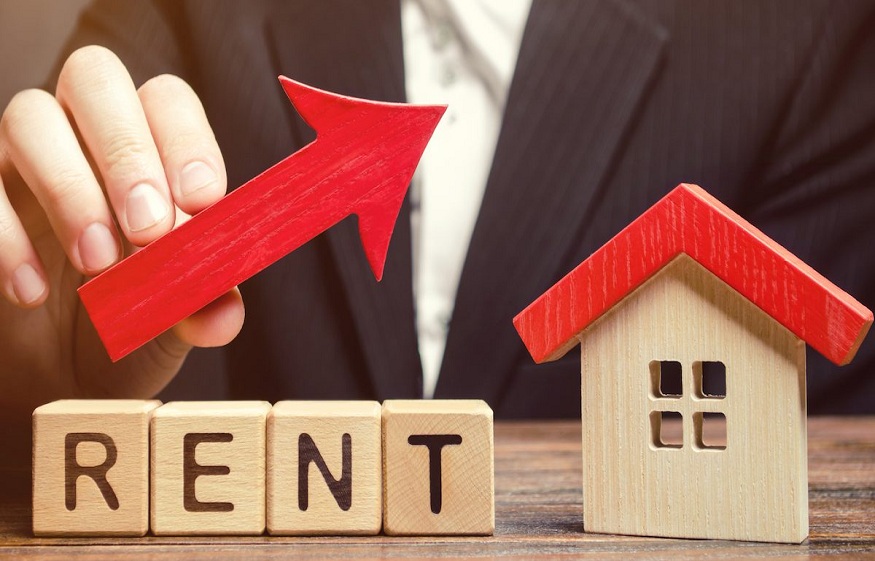When it comes to managing waste for projects like home renovations, cleanouts, or construction, renting a dumpster can simplify disposal, keeping things organized and efficient. However, choosing the right dumpster size is crucial to ensure you’re not paying more than you need to. Oversized dumpsters can inflate costs, while undersized dumpsters may require multiple rentals, both scenarios that can quickly raise your expenses. By understanding your project’s needs and the typical sizing options available, you can keep your dumpster rentals NJ affordable and stress-free.
Understanding Dumpster Sizes
Dumpsters come in a range of sizes, typically measured in cubic yards. The most common sizes are:
- 10-yard dumpsters: Small, great for minor cleanouts or small renovations
- 20-yard dumpsters: A popular mid-size, ideal for moderate projects like kitchen or basement renovations
- 30-yard dumpsters: Larger and suited for large-scale cleanouts or construction
- 40-yard dumpsters: Extra-large, designed for extensive projects or commercial use
Each cubic yard represents roughly the amount of space taken up by a small washing machine or kitchen stove. To choose wisely, you’ll want to match your project’s needs to one of these sizes based on the estimated volume of waste.
Steps to Choosing the Right Dumpster Size
1. Assess Your Project Type and Scale
The type of project plays a big role in determining the right dumpster size. Consider the following scenarios:
- Spring Cleanouts or Garage Decluttering: Typically, a 10-yard or 20-yard dumpster will suffice. You’ll likely be disposing of old clothes, small furniture, and boxes of unused items, which don’t require much space.
- Home Renovations: For kitchen or bathroom remodels, a 20-yard dumpster is a safe choice. It can handle cabinetry, countertops, flooring, and other moderate construction debris.
- Construction and Demolition: These projects generate large amounts of debris, from drywall and lumber to concrete. A 30- or 40-yard dumpster is usually needed to accommodate these materials.
2. Estimate Your Waste Volume
Estimating the amount of waste generated can be challenging, but having a rough idea will help avoid overspending. Here’s a quick guide:
- 10-Yard Dumpster: Holds about 50-70 trash bags, ideal for small cleanouts and minor home repairs.
- 20-Yard Dumpster: Can hold 110-130 trash bags, suited for small remodels or yard projects.
- 30-Yard Dumpster: Fits around 170-190 trash bags, suitable for larger home renovations or new home construction.
- 40-Yard Dumpster: Holds roughly 230-250 trash bags, best for large construction projects or major home cleanouts.
If you’re still unsure, a good rule of thumb is to slightly overestimate. Renting one size larger than you think you’ll need may save you from needing a second dumpster.
3. Evaluate Dumpster Weight Limits
Dumpsters have weight limits based on the materials they are expected to hold. Here’s an approximate weight range for typical materials:
- Household Junk: Light (20-30 pounds per cubic yard)
- Yard Waste: Moderate (30-40 pounds per cubic yard)
- Construction Debris: Heavy (50-150 pounds per cubic yard)
When discussing your rental with a provider, ask about weight limits for different dumpster sizes. Exceeding weight limits can lead to added charges, so being mindful of your materials’ weight will keep costs down.
Consider the Cost-Effectiveness of Each Size
While it may seem intuitive to choose a smaller dumpster to save money, renting multiple small dumpsters can become more costly than renting one larger one. Most rental companies offer the best rates per cubic yard for larger dumpsters, meaning a single 30-yard dumpster can be more economical than two 15-yard dumpsters. Additionally, having one larger dumpster on-site will reduce logistical costs associated with multiple pick-ups.
Tips for Maximizing Dumpster Use and Saving Money
- Optimize Space: To make the most of your dumpster space, break down large items like furniture or cabinets. Flattening boxes and bags will also ensure every inch of the dumpster is utilized.
- Separate Materials by Type: Some dumpster rental companies may offer lower prices for recycling-friendly loads, such as clean concrete, scrap metal, or yard waste. Ask your provider if segregating materials can reduce rental costs.
- Schedule Smartly: Some companies offer special rates for short-term rentals, such as a 1- or 2-day rental versus a full week. Consider whether your project can be completed in a shorter time frame to save on costs.
- Avoid Overfilling: Dumpsters cannot be loaded above their sides for safety reasons. If overfilled, you may face additional charges, and some rental companies may not be able to transport an overfilled dumpster, resulting in more fees.
Avoiding Hidden Costs
Many renters overlook additional fees that can increase rental costs significantly. Here are some common charges and how to avoid them:
- Overweight Charges: Some companies charge based on weight overages. By accurately assessing and choosing a dumpster with an appropriate weight limit, you can avoid unexpected costs.
- Additional Days: If you keep the dumpster beyond the rental period, late fees may apply. Carefully plan your project timeline, or ask about extension rates.
- Prohibited Items Fees: Hazardous waste, electronics, tires, and certain other materials cannot be disposed of in standard dumpsters. Attempting to include prohibited items can result in steep fines, so check the provider’s restrictions beforehand.
When in Doubt, Consult with Your Dumpster Rental Provider
Dumpster rental companies have experience with projects of all types and sizes. Their experts can offer advice based on past jobs similar to yours. Most companies are happy to discuss project details and guide you toward the most appropriate and affordable dumpster size. Some may even offer a site visit for more complex projects to ensure your needs are met precisely.
Final Thoughts on affordable dumpster rental NJ
Selecting the right dumpster size can keep your rental budget-friendly and hassle-free. By assessing your project’s scope, estimating waste volume, and being mindful of weight limits and potential hidden costs, you can make an informed decision.
Whether you’re undertaking a small cleanout or a major construction project, choosing the right dumpster size is key to controlling costs. With these guidelines, you can enjoy a smoother experience and ensure that your waste disposal remains within budget, making your project not only efficient but also cost-effective.

